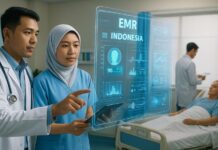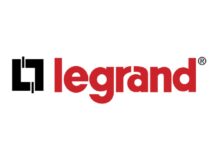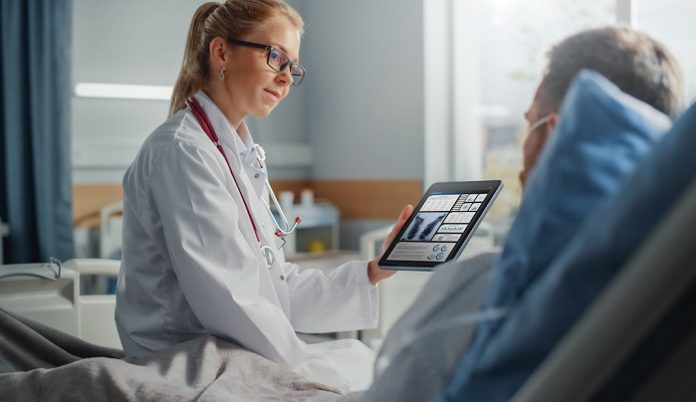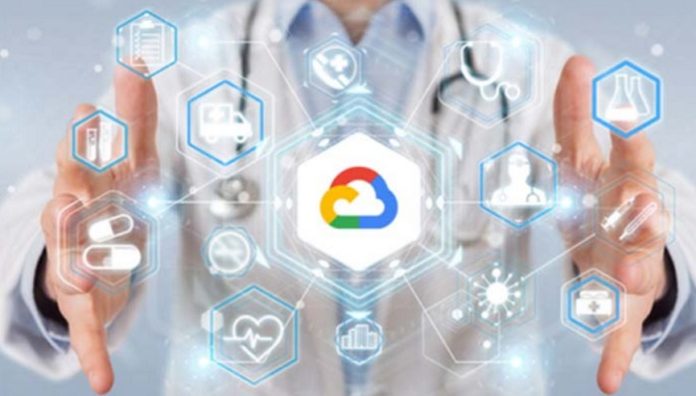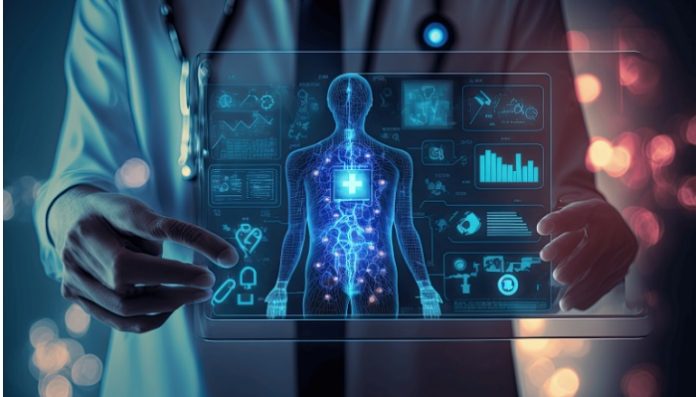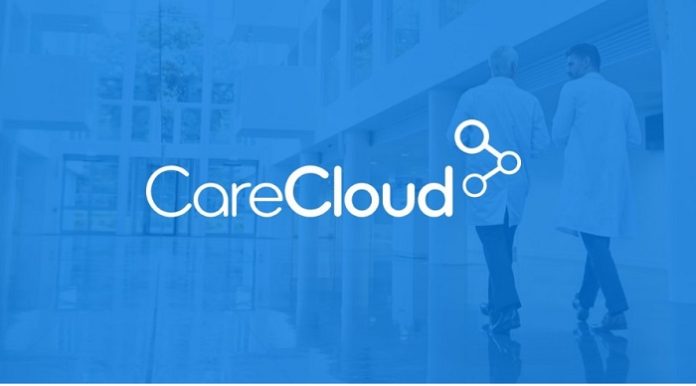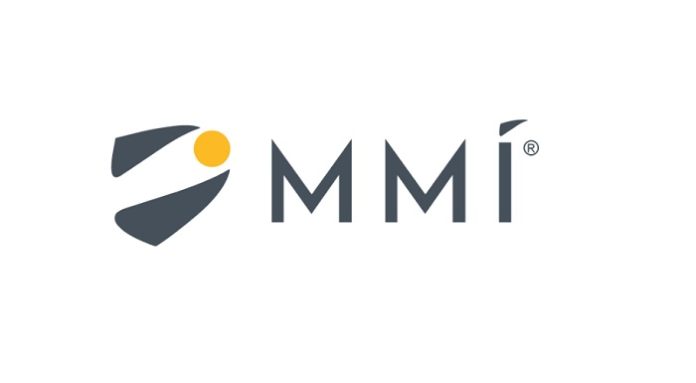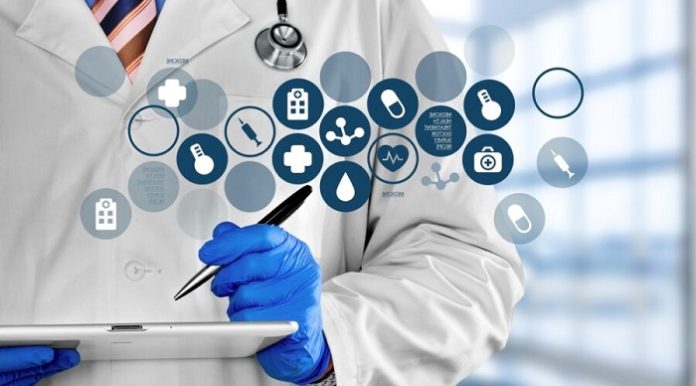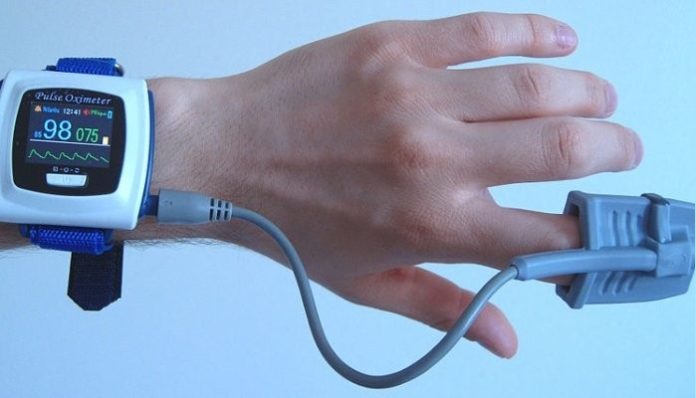Every industry depends on unique insights to achieve their goals, and unlocking the power of data is the key to an organization’s success. This is especially true in healthcare, where data has the potential to do so much good – from improving health outcomes and enhancing patient and clinician experiences to driving better organizational performance for healthcare systems. When a patient’s or the population’s health is at the center of the decision-making process, having the right data strategy in place can have a life-changing impact on people’s lives.
Healthcare data continues to grow rapidly, and organizations are struggling to keep up with higher volume, greater variety and increased velocity. According to the World Economic Forum, hospitals produce 50 petabytes of siloed data per year – that’s equivalent to approximately 10 billion music files. Ninety-seven percent of this data goes unused, leaving many valuable insights locked away. Putting all this data to good use is the key to unlocking clinical and operational breakthroughs that can make a meaningful difference in the lives of patients and their healthcare journey. And in the new era of AI, the importance of data continues to grow as organizations realize that without a solid data strategy, they are only scratching the surface of what’s possible with AI.
At the HLTH 2023 conference, we’re introducing new data and AI solutions and capabilities that will help healthcare organizations stay focused on improving patient and clinician experiences while delivering quality care more efficiently and at a lower cost. Together, these new solutions offer healthcare organizations a unified, safe and responsible approach to their data and AI strategy and enable them to take advantage of the breadth and scale of Microsoft Cloud for Healthcare.
Unifying data analytics to drive business value and better patient care
In May of this year, we unveiled Microsoft Fabric – an end-to-end, unified analytics platform that brings together all the data and analytics tools that organizations need to unlock the potential of their data and lay the foundation for the era of AI. Today, through the power of Microsoft Cloud for Healthcare, we are introducing the first industry-specific data solutions in Fabric that unify data and insights through one common architecture and experience. Now available in preview, the healthcare data solutions in Fabric eliminate the costly, time-consuming process of stitching together a complex set of disconnected, multimodal health data sources – text, images, video, etc. – and provides a secure and governed way for organizations to access, analyze and visualize data-driven insights across their organization.
Microsoft Fabric gives healthcare organizations:
- The ability to combine data from previously siloed sources across their organization, such as electronic health records (EHRs), Picture Archiving and Communication Systems (PACS), labs systems, claims systems and medical devices. The solution brings structured, unstructured, imaging and medical device data into the Fabric data lake with open data standards using FHIR, DICOM and MedTech services, providing customers with one common architecture. Additionally, connectors and converters make it easier to transform FHIR, DICOM and MedTech data from one format to another or build pipelines for specific use cases.
- A multimodal data foundation that allows them to build standardized, scalable solutions that help accelerate the process of uncovering impactful clinical and operational insights and ultimately drive better patient care. Fabric helps create a single data estate where health data can live and be used to build and run AI models, as well as derive insights.
- Standard capabilities like Observational Medical Outcomes Partnership (OMOP) analytics enable clinical research and patient outreach analytics help provide more personalized engagement with patients.
- A new de-identification service will allow organizations to de-identify clinical data, keeping patient-protected health information (PHI) private by using machine learning models to extract, redact or surrogate identifiers while unlocking insights from unstructured data, such as doctor’s notes, medical documents and clinical trial studies.
- In addition, through healthcare-specific pre-built classification rules, labels and data glossaries in Microsoft Purview (preview), healthcare organizations can govern, protect and manage their entire data estate.
Organizations across the healthcare spectrum can benefit from Microsoft Fabric, with early adopters already planning to leverage the analytics platform to help advance some of their most prominent use cases:
- Northwestern Medicine, Chicago’s premier integrated academic health system, will leverage the healthcare data solutions in Fabric to integrate clinical data across a variety of sources, meet regulatory mandates for information exchange, and unlock insights with data and AI, helping further their patients-first mission with high quality and timely care.
- Arthur Health plans to use Fabric to power predictive care stage models in partnership with Quisitive for the Ontario Workers Network (OWN). OWN is a provincial network of hospitals, including Ottawa Hospital, and has experienced clinicians that provide world-class care for workers in their own communities.
- SingHealth, Singapore’s largest network of public healthcare institutions, aims to harness the power of Fabric’s healthcare data solutions for its underlying data infrastructure. This will help to transform the delivery of healthcare to provide excellent care and services to the population and patients, empowering them to take care of their own health and healthcare.
New AI capabilities that empower patients and simplify medical jargon
Within Azure AI services, we are releasing new healthcare capabilities that will help organizations maximize the value of AI to increase positive impact on patient outcomes:
- Helping clinicians and researchers make informed decisions – Azure AI Health Insights is a cognitive service that provides prebuilt models that perform analysis and provide inferences that can be reviewed and used by clinicians and researchers to facilitate patient care during important healthcare scenarios.
We are launching three new models in preview, including patient timeline, which uses generative AI to extract key events from unstructured data, such as medications, diagnosis and procedures, and organizes them chronologically to give clinicians a more accurate view of a patient’s medical history to better inform care plans. Clinical report simplification uses generative AI to give clinicians the ability to take medical jargon and convert it into simple language while preserving the full essence of the clinical information so that it can be shared with others, including patients. Radiology insights provides quality checks through feedback on errors and inconsistencies. The model also identifies follow-up recommendations and clinical findings within clinical documentation with measurements (sizes) documented by the radiologist.
- Bringing generative AI to healthcare chatbots and virtual assistants – This new preview capability in Azure AI Health Bot provides out-the-box healthcare intelligence that can be customized and connected into existing workflows, using answers from a healthcare organization’s own content sources, as well as leveraging generative AI to provide answers from credible sources like the National Institutes of Health and the U.S. Food and Drug Administration.
- Extracting and labeling medical data to identify meaningful insights – Text Analytics for health, an Azure AI Language service, applies machine learning intelligence to extract and label essential medical information from a variety of unstructured texts. Newly released industry open source templates include population health, patient population Q&A using Azure OpenAI Service, clinical trials patient cohorts and mass historic data processing.
AI-powered solutions empower clinicians to deliver quality, personalized care
U.S. health systems are turning to AI-powered solutions to alleviate administrative burden and the resulting clinician burnout, which rose to 53% among physicians in 2023 compared to 42% in 2018, according to Medscape’s 2023 survey. To address this burnout, and empower clinicians to focus on delivering high-quality personalized care, we announced the general availability of Dragon Ambient eXperience (DAX™) Copilot, formerly known as DAX Express.
DAX Copilot, part of the larger Nuance Dragon family of solutions used by more than 550,000 users worldwide, allows clinicians to create draft clinical summaries automatically and securely in seconds from exam room or telehealth conversations for immediate review and entry in the EHR.
Atrium Health was the first to deploy Nuance DAX Copilot to its primary care physicians with plans for a broad rollout across its footprint. Physicians are already reporting saving meaningful time in their documentation tasks for each patient visit. In particular, Atrium Health clinicians are reporting that physicians are already saving up to 40 minutes per day with this advanced documentation technology. Additionally, 68% have recognized an improved experience providing care..
Microsoft Cloud for Healthcare in the era of data and AI
These new industry innovations in data and AI are strengthened through Microsoft Cloud for Healthcare, which enables healthcare organizations to accelerate their data and AI journey by augmenting the Microsoft Cloud with industry relevant data solutions, application templates and AI services. Our offerings can also be customized by an unmatched global ecosystem of trusted partners. We work with leading ISVs and system integrators so that our healthcare customers have complete solutions that address their unique business challenges.
Our healthcare solutions are built on a foundation of trust and Microsoft’s Responsible AI principles. Through these innovations, we are making it easier for healthcare organizations to create connected experiences at every point of care, provide tools that foster collaboration, empower the healthcare workforce, and unlock the value from clinical and operational data using data standards that are important to the healthcare industry.












